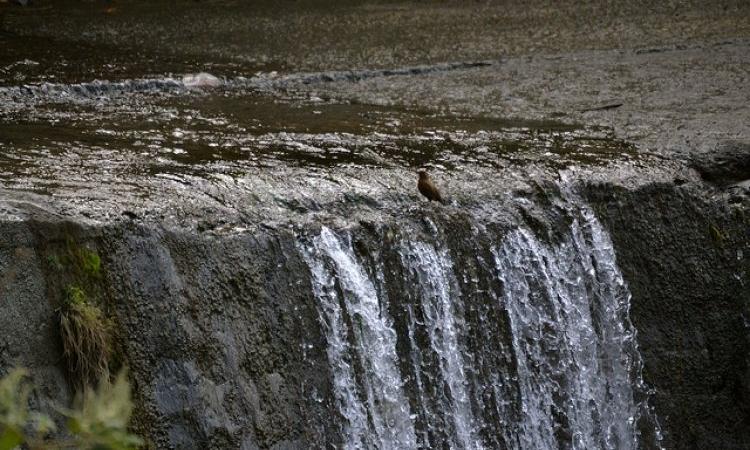
Central Monitoring Committee formed to ensure pollution-free river stretches
The National Green Tribunal (NGT) has appointed a Central Monitoring Committee to ensure the implementation of a national action plan for reducing polluted river stretches across the country. The committee has been asked to coordinate with the respective states to oversee the action plans and ensure execution of the same in a time-bound manner. Along with this, the environment ministry has been directed to consider giving environmental awards to institutions and states that comply with orders and ensure a reduction in pollution. Also, in order to assess the efficacy of river cleaning programmes, the CPCB has been ordered to launch a nationwide programme on biodiversity monitoring and indexing of the rivers.
MoU signed to map, validate and protect India's wetlands
Under the National Initiative on Climate Resilient Agriculture (NICRA), a memorandum of understanding (MoU) has been signed between the Space Applications Centre (SAC), Ahmedabad under Indian Space Research Organisation (ISRO) and Indian Council of Agricultural Research-Central Marine Fisheries Research Institute (ICAR-CMFRI) to map, validate and protect wetlands that are smaller than 2.25 hectares across India's coastline. With an aim to protect the wetlands through coastal livelihood programmes, the two institutes will develop a smartphone application and webcast their conservation efforts to coastal stakeholders.
NGT seeks factual and action taken report of Nainital and Naini lake
The National Green Tribunal has ordered various concerned authorities to submit a factual and action taken report on the deteriorating situation of the Naini lake and Nainital town on concerns such as landslides, water scarcity and breach of carrying capacity within two months of the time period. The order has come following a petition passed which alleged that the recharge zones of the Naini lake, especially Sukhatal, have been encroached due to rampant illegal construction activities in Nainital town during the past three decades. Sukhatal is a main recharge zone of the Naini lake and has been drying, shrinking and disappearing due to indiscriminate construction activities.
NGT orders hygiene survey of the Musi river
The National Green Tribunal has directed the Central Pollution Control Board (CPCB) and Telangana State Pollution Control Board (TSPCB) to conduct a hygiene survey of the Musi river with experts to find out if pathogenic bacteria are present in the river. The tribunal has sought the survey report by July end this year. The tribunal has also asked CPCB to submit a report on the status of operation of sewage treatment plants (STPs) in and around the Musi River. At present, out of the 1,400 million litres per day of waste, only 592 mld is discharged into the catchment of the Musi river.
SC pulls up Maharashtra government for its careless approach to clean Ulhas river
The Supreme Court has reprimanded the Maharashtra government for the poor efforts taken to reduce pollution in the Ulhas and Waldhuni rivers that supply drinking water to the Badlapur-Thane belt. Despite the court's order in November 2017 directing the Maharashtra government to release Rs 100 crore to restore the Ulhas and Waldhuni rivers, a recent report on water quality has shown that the water in the two rivers is highly acidic. The court has asked the principal secretary (environment) to come back with steps taken by the state on compliance with previous SC orders on restoring the rivers by the next hearing on July 17.
This is a roundup of important policy matters from April 10 - 16, 2019. Also, read news this week.